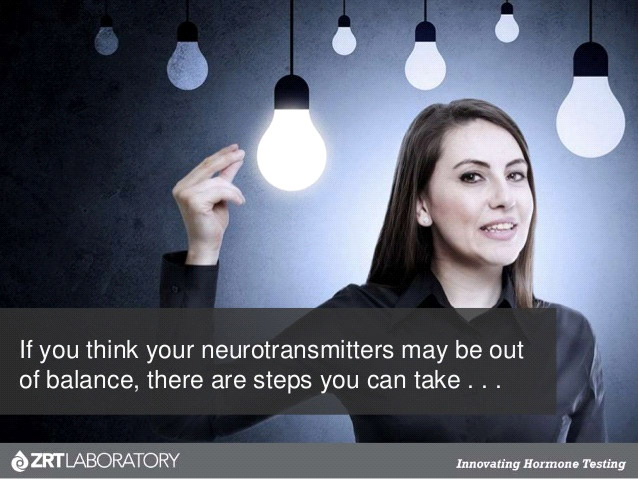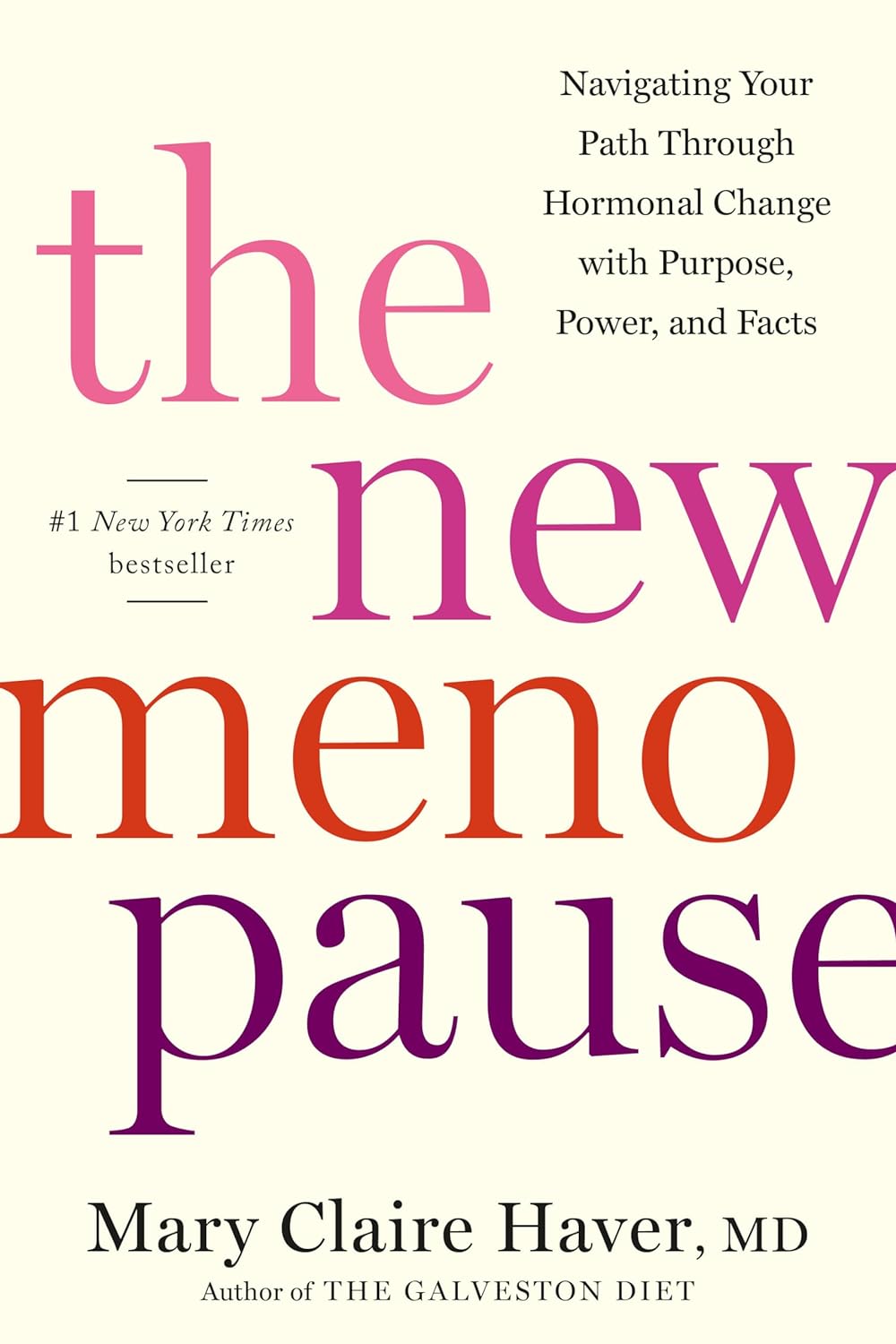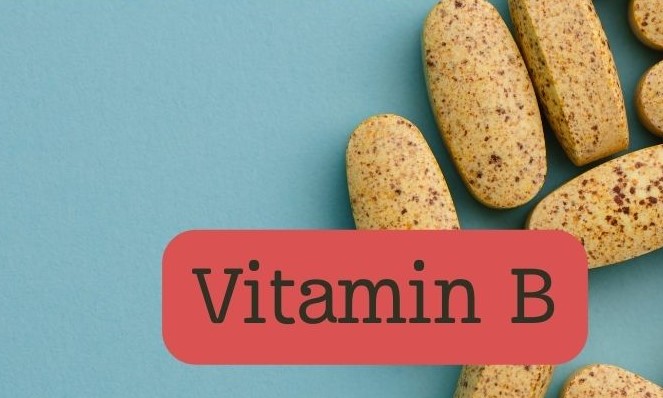By Robert Wood, RPh
Causes
Hormones, diet, lifestyle, and circumstances all need to be examined as causes of anxiety. As well as the effects of social media and modern civilization on daily stress. In this blog I would like to discuss the causal components of stress and anxiety. I would also like to share some ways to get relief.
Hormones
Although transitioning women comes to mind when thinking of hormone dysfunction, these issues may affect people of both sexes and all ages. What needs to be done here is find the dysfunction with targeted hormone testing and bringing the body back to homeostasis.
Diet
As you have probably heard, you need to eat more fruits and vegetables. Which I agree on, but you should also make sure you are eating whole foods with less ingredients. Not only reading the labels but eating less foods with labels. Glycemic (blood sugar) control is essential. Sugar & alcohol can have a detrimental effect on your overall health. Adrenal health is also affected by caffeine. Make sure you are not overdoing caffeine. Food is fuel and like an engine, it matters what you give it.
Lifestyle
This is the factor we hear most about. This is the exercise, sleep well and slow down. Stress from work, money, overloaded schedule and the inability to say no. Some of these are avoidable. Most are not.
Circumstances
Similar to lifestyle this category is for the heavy situations we find ourselves trapped in or working through. Such as toxic relationships, abuse, money issues, divorse, empty-nesting and like right now a pandemic. Everyone has a unique response to stress. Some will find they have less control over vices. You may drink more, retreat more, and eat bad foods. These can only add to the already difficult situation.

Comprehensive testing is available through ZRT Labs.

Why am I craving things that are bad for me?
In times of stress there are chemical changes to the brain. These changes may have been helpful when we were living in a cave constantly alert to predators or food supply situations much different than we face now. Understanding these Neurotransmitter changes we put our focus on a better outcome
What to do
Neurotransmitters (NTs) are responsible for our emotional well-being, cravings, sleep, focus, memory and so much more. Supplementing with Minerals, Amino Acids and Adaptogens help regulate the NT to rewire our brains. Here are some commonly used to induce calm, control and comfort in your overall being.
Co-factors that play a role in the production and metabolism of NTs are minerals such as Magnesium, B3, B6, B12, Copper, Zn, Fe, C, SAMe and more. Working with your diet and supplementing can make big changes in the NT balanced production.
- Magnesium deficiency can cause both anxiety and decreased tolerance to stress. Stress can also lead to a Magnesium deficiency. Mg is needed to make both serotonin and GABA.
- B3 (Niacinamide) has been shown to have a benzodiazepine effect. High doses are needed.
- B12 (hydroxocobalamin) Clinical observation shows reduction of anxiety with ongoing dosing of B12, even if blood levels are showing normal.
- Folic Acid plays a large role in NT metabolism. Anxiety is one of the many symptoms of deficiency.
- B6 (pyridoxine) is needed to make serotonin. Deficiency symptoms include infrequent dream recall, water retention, tingling hands, depression or nervousness, irritability, muscle tremors/cramps, lack of energy, and/or flaky skin.
- Vitamin C plays a role in synthesis of serotonin and norepinephrine. Depression is one of the manifestations of severe C deficiency.
- SAMe is generally well tolerated and effectively used as adjunct therapy with SSRI.
Amino Acids which are mostly from proteins are important for normal brain function, memory and concentration. They are needed to make NTs. They lessen anxiety and aggression. And diminish food related cravings.
- L-Tryptophan is a precursor to serotonin. Dosing needs to be individualized.
- 5-HTP is a metabolite of L-Tryptophan, and a well-known “feel good” brain chemical. Some patients respond to 5-HTP when they may not respond to L-Tryptophan. It’s primary action is converting into serotonin. Other NTs such as melatonin, dopamine, norepinephrine and beta-endorphins have been shown to increase following administration of 5-HTP.
- GABA (gamma-aminobutyric-acid) decreases neuron activity. Symptoms of deficiency include craving sweets, alcohol, tranquilizers during episodes of stress, feelings over-stressed, burned out, overwhelmed, inability to relax, loosen up, meditate, or slow down, and a general feeling of tension and stiffness. It is useful in treating insomnia. It is a major NT widely distributed through the central nervous system. GABA quiets the mind and is also known as the natural tranquilizer.
- DPA (D-phenylalanine is used to treat low endorphins eliminating comfort and reward eating. DPA converts into norepinephrine. Enhances your mood and alertness. Promotes memory and learning. Lessens pain, including arthritic. Beneficial to Parkinson’s disease. Deficiency symptoms include craving comforting or numbing treats, tearing up easily and sensitivity to emotional pain.
- L-Tyrosine is a precursor to Dopamine. Alleviates panic attacks. Helps with feeling calm and focused. Since Dopamine is the pleasure NT, being low in Dopamine may lead to a severe craving of sugar, alcohol or drugs, Seeking the pleasure and reward feelings associated with the substances. This can be used too alleviate sluggishness and coffee cravings. Also helpful in cleaning up your diet.
- L-Glutamine is a very important amino acid for many reasons. Used for symptoms of low blood sugar (irritable, agitated very intense sugar cravings).
Adaptogens have 4 general properties
- Harmless to the host
- General nonspecific effect
- Increases resistance of host to variety of chemical, biological or chemical stressors.
- Acts as a general stabilizer / normalizer
- Ashwagandha has a so-called “anti-stressor” effect by mimicking GABA and suppressing stress-induced receptors in the brain.
- Rhodiola can be a stimulant or a sedative. Users report a reduction in mental fatigue, improved sleep patterns and great motivation. Regulates adrenal glands.
- John’s Wort is anti-bacterial and anti-inflammatory. It is useful is treating mild depression, atopic dermatitis, OCD, hot flashes, peri-menopausal symptoms, PMS, and SAD. Interacts with many drugs.









